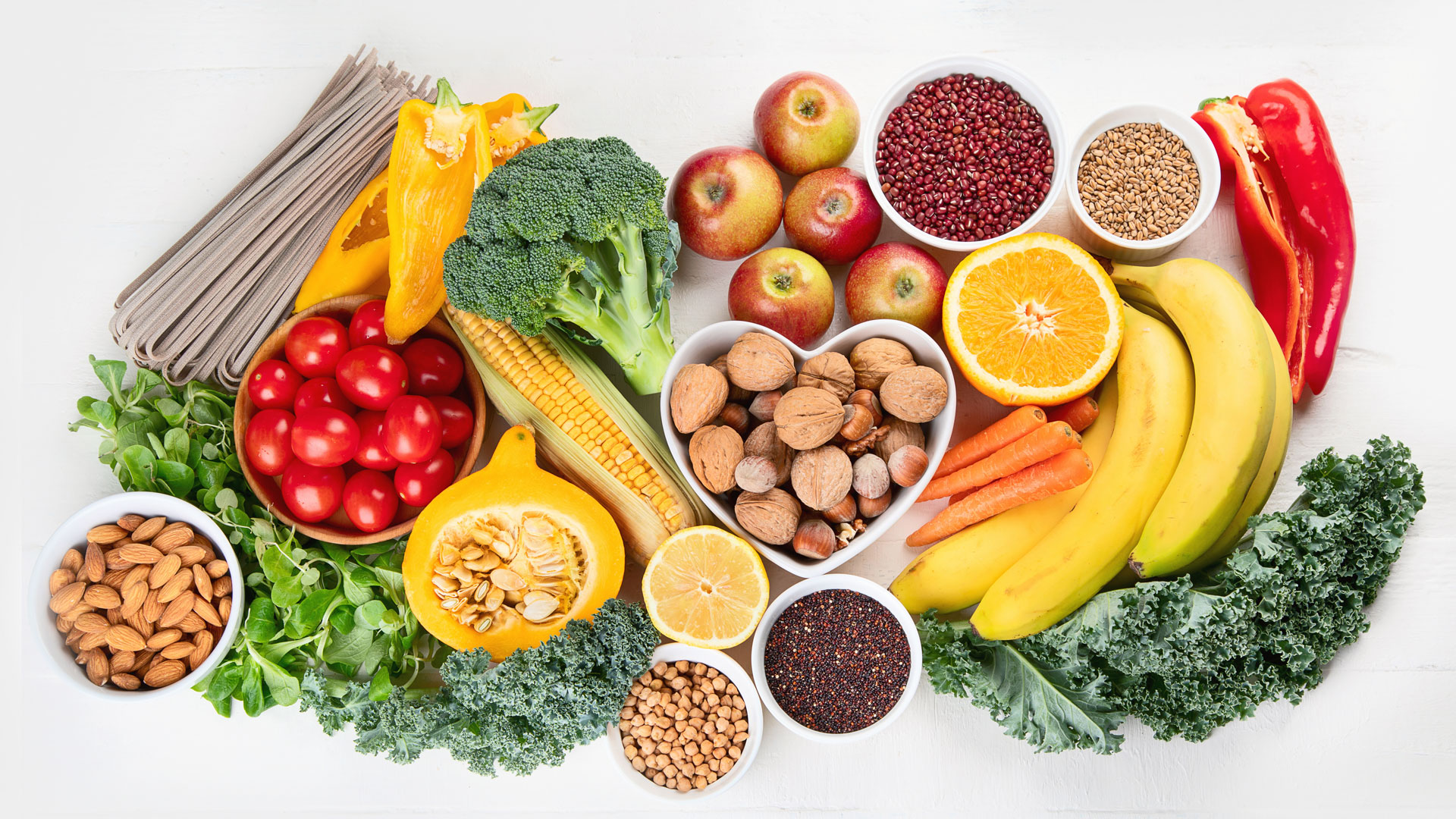Grains have been a staple food for centuries and are an essential part of many diets around the world. They provide vital nutrients, including carbohydrates, fiber, vitamins, and minerals, making them an important component of a healthy diet. In this comprehensive guide, we will explore everything you need to know about grains in your diet, including the different types of grains, their nutritional benefits, and how to incorporate them into your meals.
Types of Grains:
Grains can be categorized into two main types: whole grains and refined grains. Whole grains are unprocessed and contain all parts of the grain kernel, including the bran, germ, and endosperm. Examples of whole grains include brown rice, whole wheat, oats, quinoa, and millet. Refined grains, on the other hand, have had the bran and germ removed, leaving only the endosperm. Common refined grains include white rice, white flour, and products made from these ingredients, such as white bread and pasta.
Nutritional Benefits:
- Grains are an excellent source of carbohydrates, which are the body’s primary source of energy. They provide fuel for the brain, muscles, and other bodily functions. Whole grains are particularly beneficial as they are high in dietary fiber, which aids in digestion, helps maintain healthy blood sugar levels, and promotes feelings of fullness. Fiber also plays a crucial role in preventing constipation and reducing the risk of chronic diseases, such as heart disease, obesity, and type 2 diabetes.
- Grains also contain important vitamins and minerals. For example, they are a good source of B vitamins, including thiamin, riboflavin, and niacin, which are essential for energy metabolism and nerve function. Whole grains also provide minerals like magnesium, selenium, and zinc, which are involved in various bodily processes, including immune function, bone health, and cell division.
Incorporating Grains into Your Diet:
There are numerous ways to incorporate grains into your diet and enjoy their nutritional benefits. Here are some tips:
- Choose whole grains: Whenever possible, opt for whole grains instead of refined grains. Look for products labeled “whole grain” or “100% whole wheat.” Switch from white rice to brown rice and try whole wheat pasta and bread.
- Experiment with different grains: Don’t limit yourself to just one or two grains. Explore the vast variety of grains available, such as quinoa, barley, amaranth, and bulgur. Each grain has its own unique flavor and texture, offering endless possibilities for creating delicious and nutritious meals.
- Start your day with whole grain breakfast: Replace refined cereals with whole grain options like oatmeal or whole grain cereal. These choices provide a good dose of fiber and nutrients to kick-start your day.
- Snack on whole grain options: Instead of reaching for processed snacks, choose whole grain alternatives. Air-popped popcorn, whole grain crackers, or homemade granola bars are excellent options for satisfying your snack cravings while nourishing your body.
- Be mindful of portion sizes: Grains should be a part of a balanced diet, so it’s essential to be mindful of portion sizes. Aim for around one-quarter of your plate to be filled with grains at each meal. This way, you can enjoy their benefits without overdoing it.
- Be aware of gluten sensitivity: Some individuals have a sensitivity or intolerance to gluten, a protein found in wheat, barley, and rye. If you experience adverse reactions after consuming gluten-containing grains, opt for gluten-free alternatives like rice, quinoa, or buckwheat.
- Balance your grain intake with other food groups: Remember that grains are just one component of a well-rounded diet. Ensure you also consume plenty of fruits, vegetables, lean proteins, and healthy fats to meet all your nutritional needs.
Conclusion:
Grains are a valuable source of energy, fiber, vitamins, and minerals, making them an essential part of a healthy diet. By choosing whole grains and incorporating them into your meals, you can reap the numerous health benefits they provide. Experiment with different grains, be mindful of portion sizes, and balance your grain intake with other food groups to create a well-rounded diet that supports your overall well-being. Enjoy the versatility and nutritional goodness that grains have to offer!
- Everything You Need to Know About Grains In Your Diet - July 17, 2023

